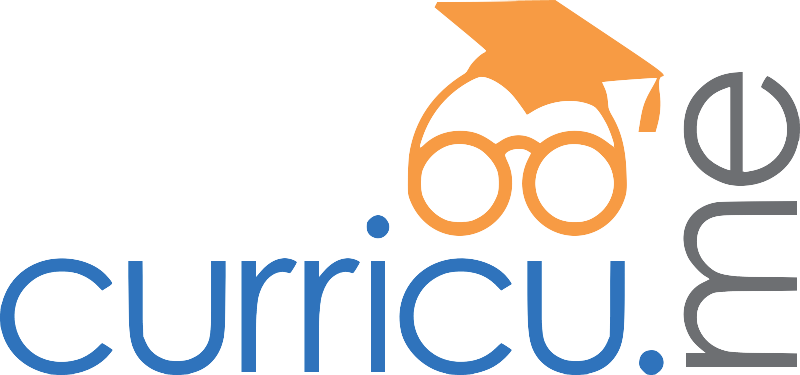Myth 1: Learning Styles
One thing that we hear a lot about as learners, teachers and instructional designers are the three learning styles: auditory, visual and kinesthetic. We take quizzes as students and are told that we should match how we learn with our ‘learning style’; or that a good teacher will match the way they present information to each individual student’s learning style for the best outcomes. However – there is no research to back this up! There is actually research (1) that says there is no adequate evidence to justify linking learning outcomes and ‘matched’ learning styles. Instead, all students tend to have better outcomes when there are multiple modalities of presenting information.
Myth 2: Note-taking by hand is better than taking digital notes
Many of us who were in school at the same time as the rise in computers and internet use in learning were told that research showed that taking notes by hand resulted in better memory of content than taking notes on a computer. While that was likely true at the time, and in certain contexts, this is not always the case. In fact, taking notes on a computer can offer several advantages over handwritten notes. For example, it allows you to quickly and easily organize your notes, search for specific information, and easily share your notes with others (2). Additionally, typing can be faster than handwriting, allowing you to capture more information during a lecture or meeting. Ultimately, the most effective note-taking method will depend on the individual and the situation, and there is no one-size-fits-all answer.
Myth 3: Online Learning is Less Effective Compared to the Traditional In-Person Learning
In the aftermath of the pandemic, there has been increased interest in the effectiveness of online learning compared to traditional learning techniques. For most people, there is a belief that online learning, because of its lack of personalized touch and limited real-time interactions, falls short in the instructional process. However, there is a vast body of evidence that suggests that online learning could be just as effective, or even better in some cases, than traditional in-person learning. A 2010 study by the U.S. Department of Education (3) seeking to highlight the best learning practices established that online learners had an edge over in-person learners. The study found that online learners performed better as they benefited from the additional learning tools available to them like web-based resources and new collaboration technologies. This research debunks the commonly held myth that in-person learning is irreplaceable if the quality of education is to be preserved.
What are some generally held beliefs or potential myths about learning online that you have encountered?
References
- Pashler, H., McDaniel, M., Rohrer, D., & Bjork, R. (2009). Learning styles: Concepts and evidence. Psychological Science in the Public Interest, 9(3), 105-119.
- Luo, L., Kiewra, K. A., Flanigan, A. E., & Peteranetz, M. S. (2018). Laptop versus longhand note taking: effects on lecture notes and achievement. Instructional Science, 46, 947-971.
- U.S. Department of Education. (2010). Evaluation of evidence-based practices in online learning: A meta-analysis and review of online learning studies.

